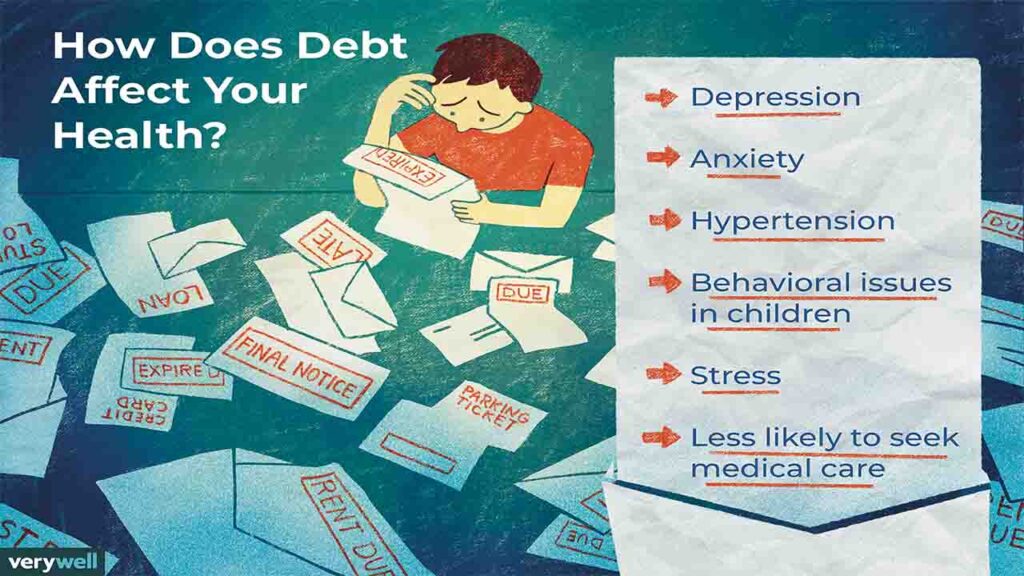In a world that often equates success with financial prosperity, it’s easy to underestimate the profound impact of financial stress on mental health. The relentless pressures of mounting debt, job insecurity, and economic instability can lead individuals to the brink of despair. Tragically, for some, this overwhelming burden becomes unbearable, leading them down a path toward suicide. In this article, we will explore the deeply troubling connection between financial stress and suicide, shedding light on this silent epidemic and advocating for greater awareness and support.

Suicide is a global public health issue, claiming the lives of over 700,000 people each year, according to the World Health Organization. Financial stress, a powerful contributor to this crisis, has surged in recent years due to economic downturns, mounting student loans, and the ever-widening wealth gap. The effects of this silent killer are pervasive and far-reaching, sparing no age group, gender, or socio-economic class.

Financial stress takes a profound toll on mental health. The constant worry about paying bills, providing for loved ones, or simply surviving can lead to anxiety, depression, and even post-traumatic stress disorder. Sleepless nights, panic attacks, and feelings of hopelessness become the daily norm for those caught in the grip of financial hardship. As the darkness closes in, many individuals feel increasingly isolated, unable to share their suffering with friends or family due to the stigma surrounding financial difficulties.

The vicious cycle of financial stress is relentless. It starts with a loss of income or a sudden financial setback, which triggers emotional distress. This distress can hinder decision-making abilities, impair cognitive function, and disrupt relationships, making it even more challenging to navigate the financial maze. Individuals may then resort to unhealthy coping mechanisms, such as excessive drinking or gambling, further exacerbating their financial woes.
As debts pile up and creditors demand payment, some people see no way out. They become trapped in a cycle of hopelessness, convinced that they are a burden on their loved ones and that their only escape is through death. Thoughts of suicide can quickly turn into a concrete plan, as despair smothers all hope. The financial stress that once seemed insurmountable now becomes the catalyst for a tragic decision that cannot be undone.
Addressing the link between financial stress and suicide is a complex challenge that requires a multi-faceted approach:
Destigmatization: Society must work together to destigmatize financial difficulties and mental health issues. People should feel safe seeking help, whether it’s financial counselling or therapy.
Early Intervention: Identifying individuals in financial crisis early and providing them with support and resources is crucial. This includes access to mental health services, financial counselling, and assistance programs.
Education: Financial literacy programs should be more widespread, equipping individuals with the skills needed to manage their finances effectively and reduce the likelihood of falling into overwhelming debt.
Policy Changes: Governments and organisations must implement policies and regulations that protect individuals from predatory lending practices, unfair debt collection, and workplace exploitation.
Support Networks: Friends and family can play a vital role by offering emotional support and a listening ear to those in financial distress. Building strong support networks can provide a lifeline to those who feel they have no way out.
The connection between financial stress and suicide is undeniable, yet it often remains hidden in the shadows of societal norms. It is time for us to shine a light on this silent killer and work together to break the cycle of despair. By raising awareness, reducing stigma, and providing the necessary support, we can help those struggling with financial stress find hope and healing instead of tragedy. Our collective compassion and action can save lives and change the narrative, ensuring that financial stress no longer serves as a trigger for suicide.








